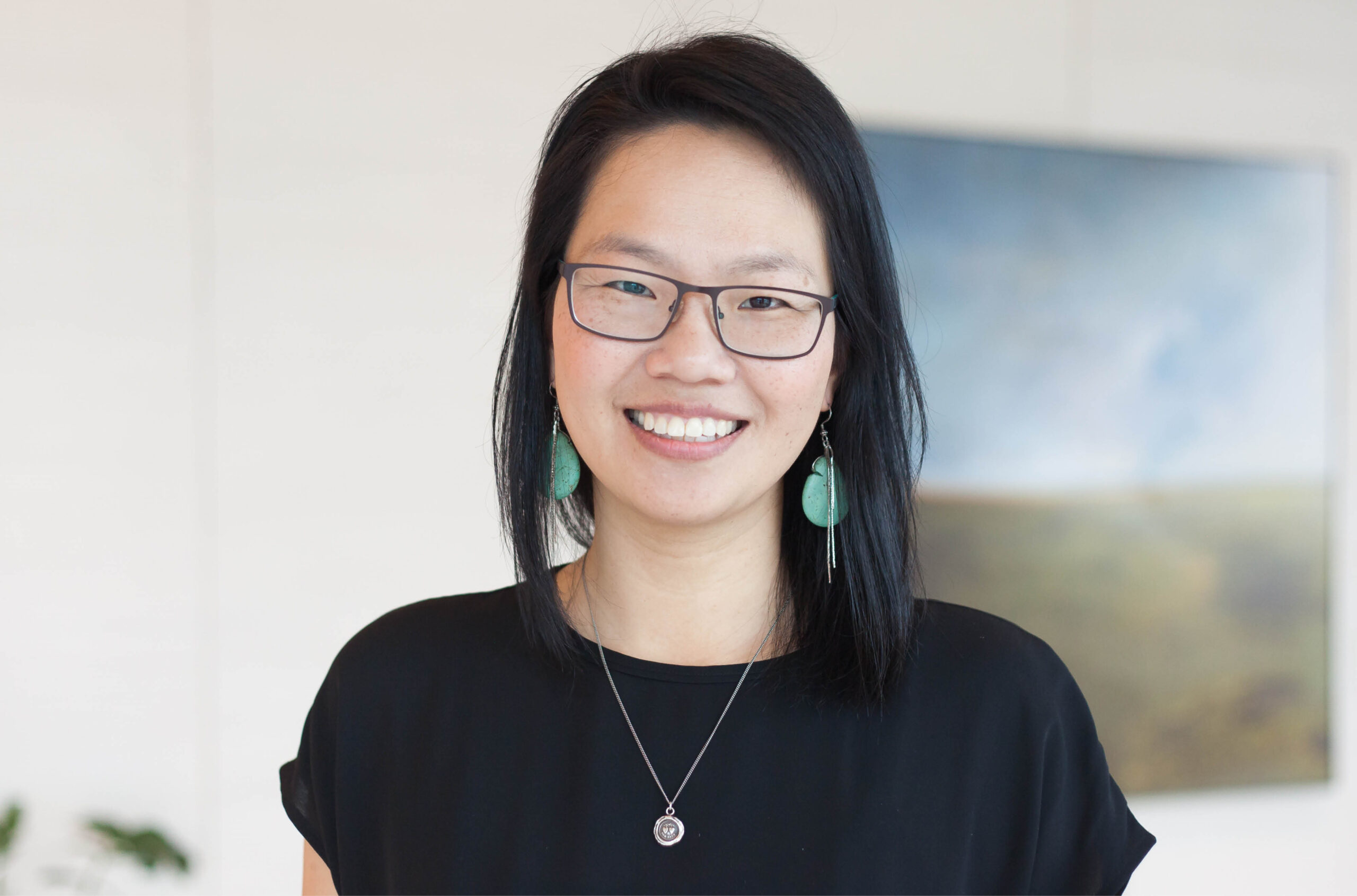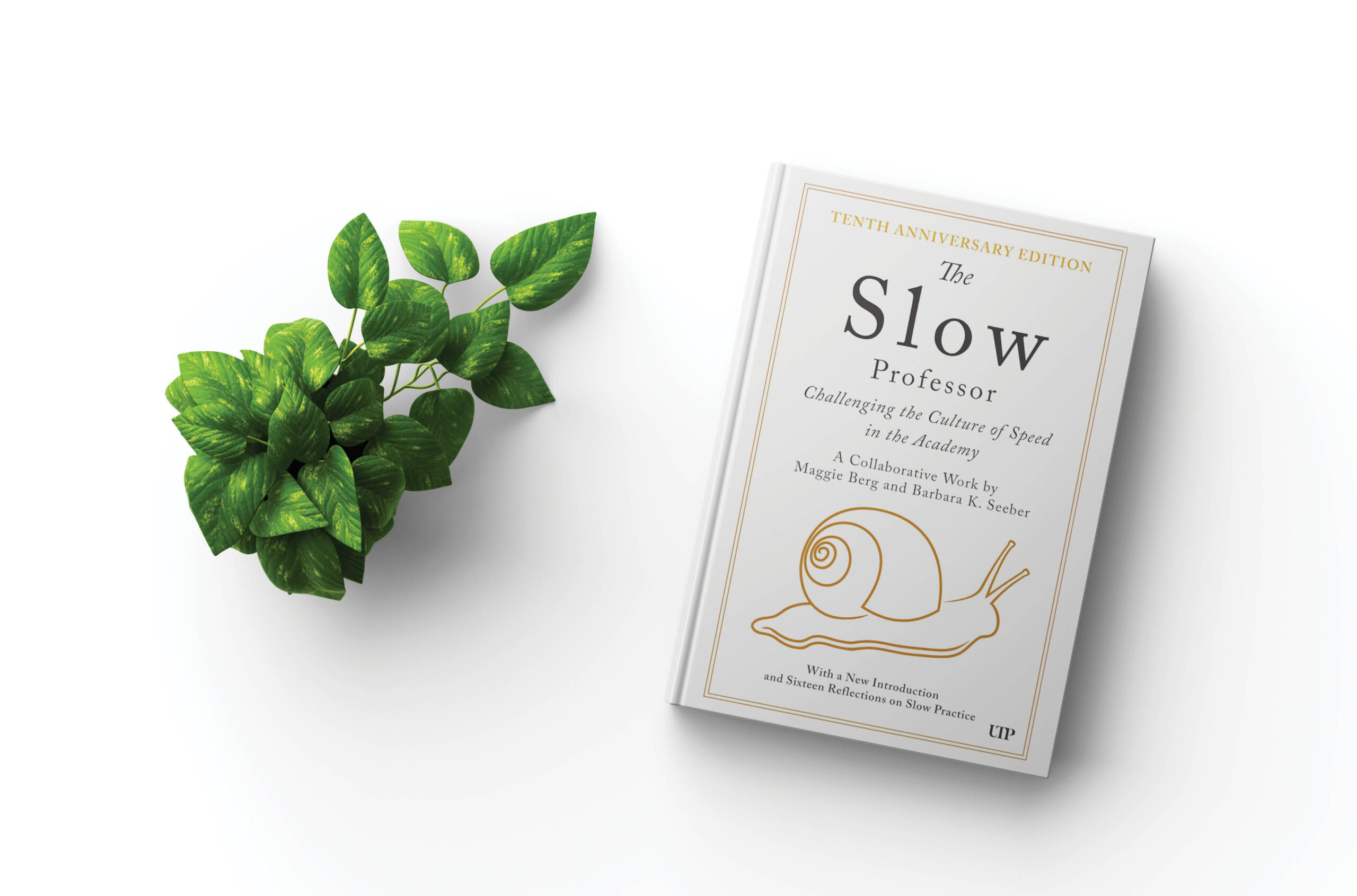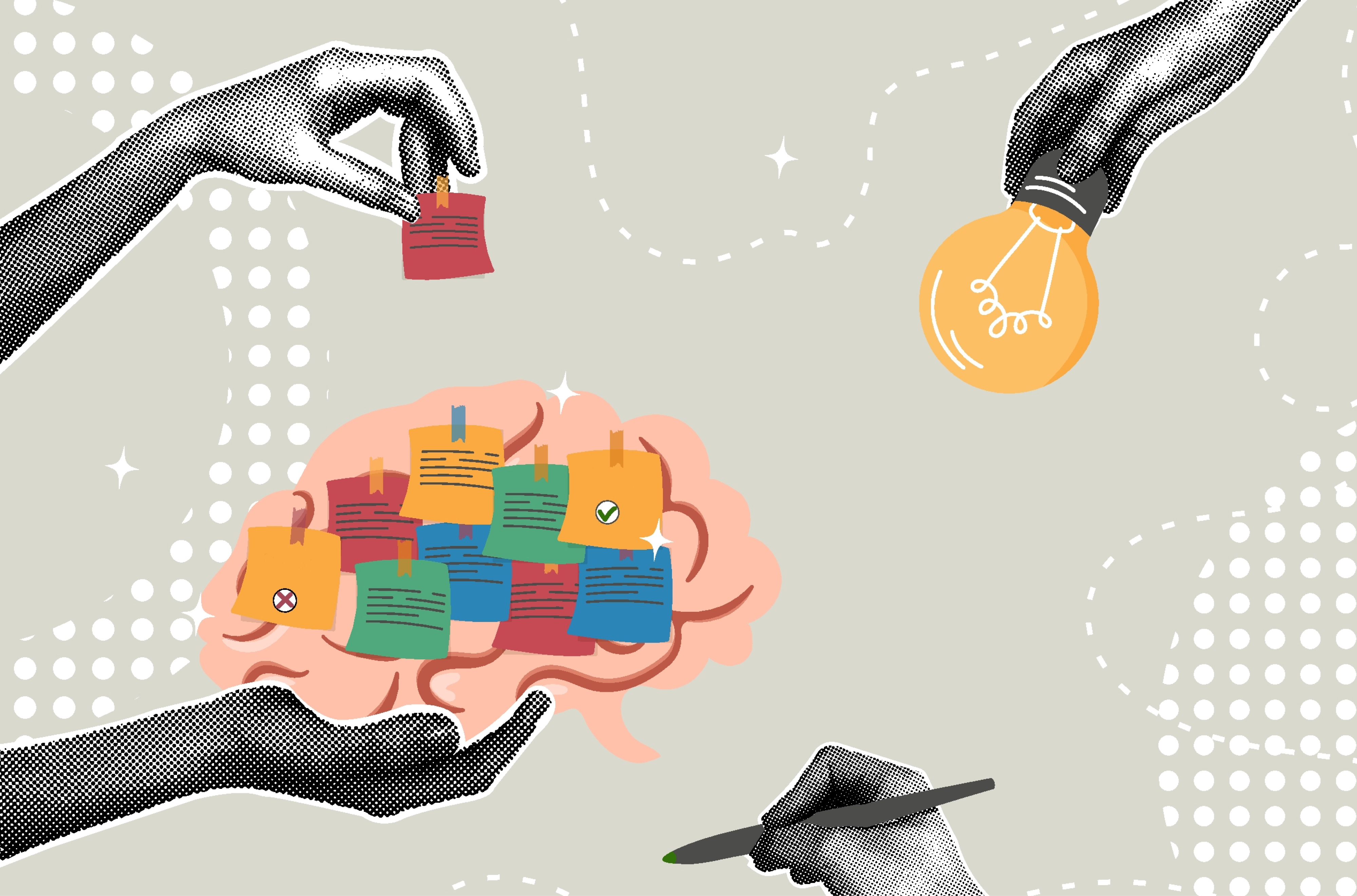Human-centred teaching and learning in the age of AI
Humans make great universities — and humans make universities great.

Artificial intelligence is challenging leaders, faculty and students to reimagine universities. What will Canada’s higher education sector look like in 10 years? In 2035, will our institutions do the same things in the same ways as they do now? If change is inevitable, how can we guide this change in ways that strengthen our institutions’ missions?
To consider such questions, I am again joined by co-author Dr. Christie Schultz, dean of the Centre for Continuing Education (CCE) at the University of Regina and a leading researcher in the area of care and higher education leadership. Christie and I share our thoughts on how our sector can adapt to the AI challenge while strengthening its commitment to excellence in teaching and learning.
Universities as sites of knowledge creation and human flourishing
Universities are uniquely positioned in society to advance human growth and development by sharing, preserving and advancing knowledge. Indeed, much as John Dewey’s educational philosophy advances, we learn not only from experience but also from reflecting upon it and using it to generate new ideas and possibilities. Ideally, universities are also sites of human flourishing — places that support humans to live in alignment with their own values and aspirations.
In the years ahead, there will be many opportunities through generative AI, robotics and automation to replace human labour with technology. Like all other sectors, universities will need to embrace only those that make sense — by assessing and understanding what we value collectively — and be careful to avoid those that undermine our very purpose with respect to knowledge creation and human flourishing.
We must start by recognizing that humans are a university’s greatest asset in achieving its goals. Critical parts of knowledge work are relational: teaching, mentoring, leading, coaching, caring, advising and collaborating. Other parts are ideational: identification of problems and opportunities, research, knowledge sharing, artistic work, entrepreneurship, innovation and creativity. Faculty members, instructors, postdoctoral fellows, researchers, staff and students together make a university’s knowledge work possible.
We believe the work that is core to our university missions requires and must be done by humans.
For this reason, universities should be deliberately human-centred and both affirm and invest in the work that requires humans. While AI and technology will undoubtedly serve as tools, relational and ideational work cannot and should not be properly done without the central engagement of humans. Peter Felten and Leo M. Lambert argue that relationships and human connection are critical to learning success; we agree and also feel relationships and human connection are critical to the creativity and innovation that drives knowledge advancement.
Where AI and technology should come into play is in non-relational and non-ideational spheres. This may mean using AI to help draft assessment rubrics or to make a first cut at a curriculum map, or to help prepare materials for admissions or scholarship reviews. Humans remain in the process — essentially serving as supervisors of AI and robots — with human time minimized from the more easily automatable tasks. But here again, we need to ensure decisions are made with careful attention to university values and overall purpose.
Further, universities can foster human environments that support relational and ideational work. This means attention to our spaces and places for connection: classrooms, libraries and coffee shops, and lounges and lunchrooms. This means increasing and supporting in-person opportunities for spontaneous connection.
Instructors can contribute to the human-centred university through their work in the classroom and in unit-level curriculum design. We can ensure our classrooms — be they in-person or online — foster engagement and inclusion. As AI tools become more commonplace, instructors can seize the opportunity to strengthen human-centred competency and skill development, such as training students for effective listening, teamwork and intercultural fluency. Instructors can explicitly teach students how deep reading, writing and understanding the limits of data advance their critical thinking, and explain how improving their thinking skills connects to their roles as citizens.
Treating the present moment as an opportunity for flourishing
Technological change alters expectations and opportunities for how universities share, preserve and advance knowledge. The disruption caused by AI automation in the context of broader financial challenges means universities must revisit what they are doing and how, and what they value and how they invest in that value.
For some universities, the goal will be simply to preserve what they do and how they do it, treating AI as a tool to cut operational costs while policing student AI use. This, we feel, is a lost opportunity. An alternate approach draws on the contrast made by Jessica Riddell between resilience and flourishing. With resilience, an institution recoils and then springs back from challenges. With flourishing, an institution uses the moment to step more fully into its purpose. We invite a flourishing mindset as we (en)counter the current, sector-wide challenges.
That is, we see the present moment as an opportunity for universities to flourish. Let’s ask the hard questions: How does university teaching, research and outreach add value to society? Why are our communities, provinces and Canada better because of higher education institutions? Why does sharing, preserving, creating and advancing knowledge matter? Then, let’s use the answers to strengthen our missions and our sector. Let’s be ambitious in what we are and how we matter.
Universities’ greatest assets are humans. Let’s use the present moment to establish human-centred universities and amplify human flourishing.
Featured Jobs
- Sociology - Professor (Quantitative Data Analysis Methods and Social Statistics)Université Laval
- Psychology - Assistant Professor (Quantitative Methods / Data Science)MacEwan University
- Peter Guo-hua Fu School of Architecture - Assistant Professor (tenure-track)Mcgill University
- Law - Assistant or Associate Professor (International Economic Law)Queen's University
- Geography - Assistant Professor (Indigenous Geographies)University of Victoria















Post a comment
University Affairs moderates all comments according to the following guidelines. If approved, comments generally appear within one business day. We may republish particularly insightful remarks in our print edition or elsewhere.